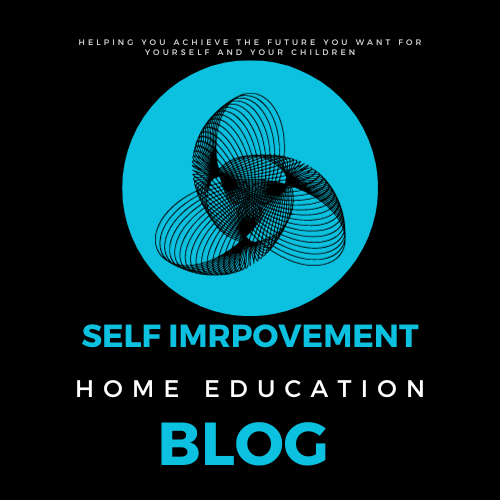Homeschooling has become an increasingly popular choice for parents seeking a
more personalized and flexible education for their elementary school-aged children
(grades K-5, ages 5-10). As parents take on the role of educators, it’s important to
understand both the benefits of homeschooling and the guidelines that
govern this educational choice.
Benefits of Homeschooling:
Homeschooling offers a unique opportunity for personalized learning, allowing
children to progress at their own pace and explore subjects that ignite their curiosity.
The one-on-one attention also fosters a deeper understanding of concepts, promotes
critical thinking, and allows for a more flexible schedule.
How to Learn on Your Own:
Encourage a love for learning by incorporating various teaching methods and resources. Utilize
online platforms, educational apps, and interactive activities to make the learning experience
engaging and fun. Visit local museums, libraries, and nature centers to provide hands-on learning
opportunities. Foster a growth mindset by celebrating achievements and embracing challenges
as opportunities to learn and grow.
Subjects to Teach:
The curriculum for homeschooling elementary school children should cover a well-rounded
array of subjects. Tailor the content to the child’s interests while ensuring a solid foundation in
essential areas. Here are the key subjects to include:
- Mathematics: Build a strong foundation in math through hands-on activities, games, and real-life applications.
- Language Arts: Develop reading, writing, and communication skills through literature, creative writing, and language exercises.
- Science: Explore the wonders of the natural world with experiments, nature walks, and age-appropriate scientific concepts.
- Social Studies: Introduce history, geography, and social sciences to help children understand the world around them.
- Art and Music: Foster creativity through artistic expression and musical exploration, encouraging a well-rounded education.
- Physical Education: Ensure physical activity is part of the routine, promoting health and well-being.
Homeschool Laws:
It’s crucial to be aware of homeschooling laws and regulations in your state or country.
These laws vary, covering aspects such as required subjects, testing, record-keeping, and
parental qualifications. Familiarize yourself with the legal requirements to ensure compliance
and a smooth homeschooling experience.
Conclusion:
Homeschooling elementary school children provides a unique opportunity to tailor education to
individual needs and interests. By embracing a variety of teaching methods and staying informed
about homeschool laws, parents can create a stimulating learning environment that prepares
children for a successful academic journey and a lifelong love of learning.
Post Disclaimer: The information on this website is public information and is not
individual legal advice. Readers should not rely on or take any action based upon
the information on this website and professional advice should be obtained particular
to the legal circumstances one is facing. While we strive for accuracy, it is possible
that the information on our site may contain errors or omissions. We disclaim any
liability for any such errors or omissions.
Affiliate Links Disclaimers: Some of the links on this website are “affiliate links.”
This means if you click on the link and purchase the item, we will receive an affiliate
commission. We disclose this in accordance with the Federal Trade Commission’s
16 CFR, Part 255: “Guides Concerning the Use of Endorsements and Testimonials
in Advertising.
